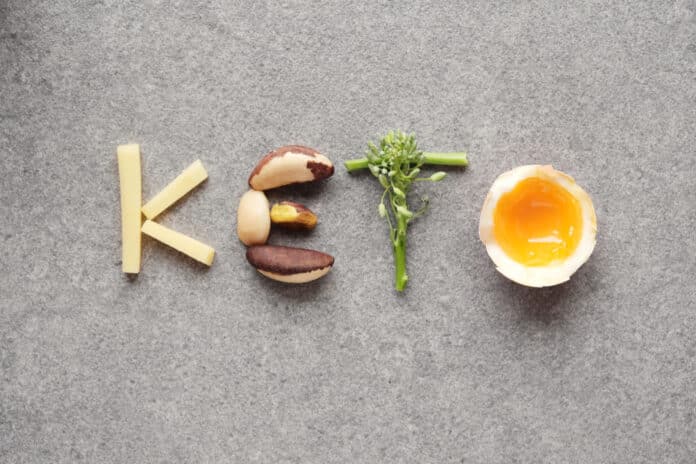
Despite the popularity of the Keto Diet, scientific research on it is minimal. As a result, it might be tough to determine other results or effects it may have on your body apart from weight loss. In addition, the diet is very restrictive, so getting it right may be challenging.
To ensure you get all the benefits of this diet, you should avoid the following common mistakes.
Cutting Carbs for Fat too Fast
We know you want to get a headstart on your weight loss journey as fast as possible, but keto is a specialized diet. Switching too fast can make your body experience a drastic change. Thus, you should think about starting slowly. One strategy that can help you succeed on the ketogenic diet is gradually reducing your carbohydrate intake before starting the diet instead of just doing it all together.
Drinking too Little Water
Don’t just think about what you’ll be eating; also, consider what you’re drinking. You’ll likely become dehydrated when on the ketogenic diet due to the substantial reduction in carbohydrate intake. Since the body stores carbohydrates together with water, water is also lost when carbohydrate stores are depleted.
Not Knowing about Keto Flu
Keto flu refers to flu-like symptoms, such as pains, nausea, muscle cramps, and exhaustion, that can occur during the first two weeks of the diet plan as your body adjusts to burning fat instead of carbohydrates for energy. When this happens, it’s easy to panic, and decide to stop the diet altogether if you aren’t prepared for it.
Not Eating Enough Omega-3 Fatty Acids
Avoid relying solely on fatty foods like cheese, bacon, and cream while on a diet. Fatty fish, including salmon, mussels, oysters, sardines, and herring, are all excellent sources of the omega-3 fatty acids EPA and DHA. As a bonus, they provide the essential polyunsaturated and monounsaturated fats your body requires to function at its best while still fitting within the ketogenic diet.
Not Eating Enough Salt
When you’re following the ketogenic diet plan, it is essential to increase your salt intake. This is because by eliminating the primary source of salt in the traditional American diet, you may be getting significantly less sodium altogether.
Not Checking In With Your Doctor Before You Start the Diet
Many people who embark on the ketogenic diet do so in hopes of treating a medical issue or physical condition. If that’s the case, you should consult your physician to make sure it’s safe for you to change, especially if you’re already taking any medications. Your doctor may need to change your dose of certain medications if your condition improves. For example, if you’re severely reducing your carbohydrate intake, you may need a lower insulin dose.


















